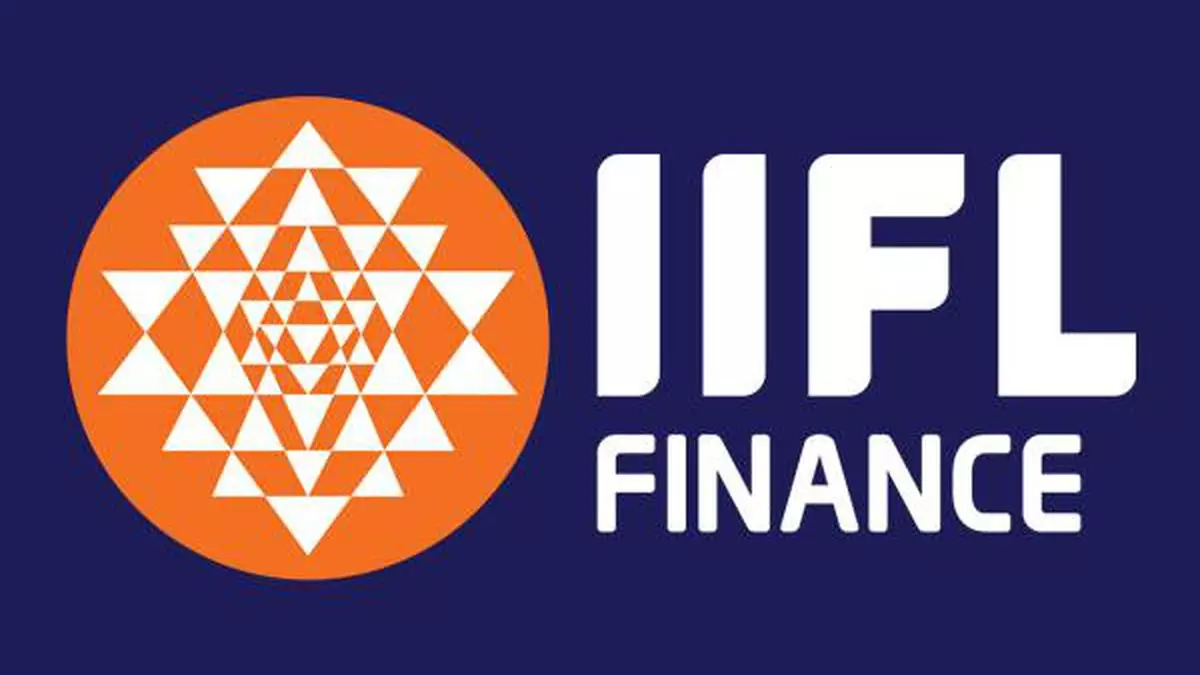Fitch places IIFL Finance on ‘Watch Negative’ citing risks to profitability, franchise
Fitch Ratings has placed IIFL Finance’s ‘B+’ rating on ‘Watch Negative’ citing downward risks to the franchise and profitability due to regualtory restrictions.
On March 4, RBI barred IIFL Finance from new gold-backed lending and related off-balance-sheet funding transactions. It also cited a number of instances of non-compliance within IIFL Finance’s gold loan business.
Gold loans are a key product for the NBFC, accounting for 32 per cent of AUM and 18 per cent of gross on-book loans as of December 2023. The impact of the restrictions will depend on their duration and any spill-over effects on the rest of IIFL Finance’s business, Fitch said. “This (action) reflects downside risk to IIFL Finance’s franchise, profitability and overall risk profile if regulatory restrictions on new gold-backed lendings are prolonged,” the rating agency said, adding that RBI’s action reflect gaps in the governance framework in ensuring sound practices and policies, and in the operational execution of the gold loan strategy.
Dampening effect
Prolonged stoppage on new gold loans is likely to dampen portfolio growth and profitability as the existing loan base runs down. The gold loan segment contributes a significant proportion of IIFL Finance’s revenue and profit, considering the product’s higher yield, at 19 per cent in Q3 FY24, compared with 17.2 per cent across the portfolio, and typically better asset quality.
The gold loan segment’s gross NPA ratio was 0.8 per cent as of December 2023, lower than 1.7 per cent for the aggregate portfolio, as credit losses are typically mitigated by recoveries on the sale of gold collateral. As a result, the consolidated NPA ratio is expected to face “modest upward pressure” due to the mix effect if gold loans decline significantly. “The company says it has remediated the issues raised by the RBI, but Fitch remains uncertain as to when the restrictions will be lifted,” it said.
Fitch also highlighted that while regulatory actions stemming from supervisory findings are not unusual in India, penalty fees are more commonly imposed in addition to the necessary remedial action. As such, RBI has increasingly employed business restriction as an enforcement tool in recent years.
The recent developments raise IIFL Finance’s exposure to regulatory compliance and reputational risk. Therefore, franchise risk could extend beyond the gold loan portfolio if the repercussions spill over into the company’s other product lines.
Other key segments include housing finance which comprises 33 per cent of AUM, and microfinance which accounts for 16 per cent. While these are operated by separate subsidiaries with dedicated branch networks, any contagion effects on funding availability could weigh on growth, it said.
